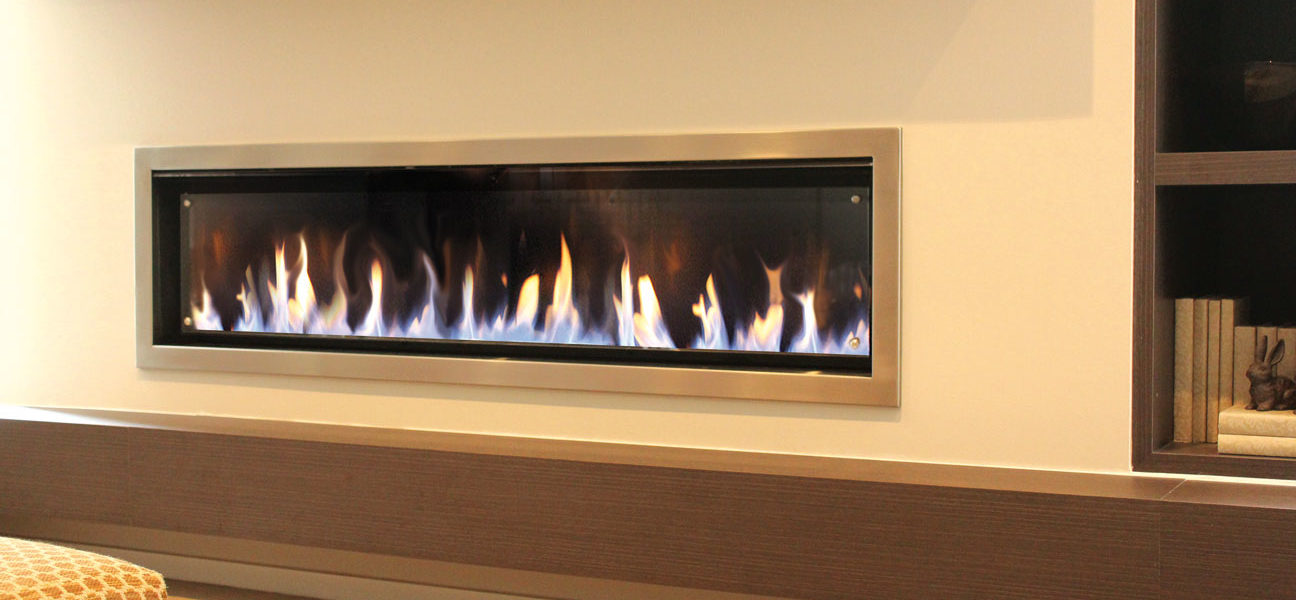It is advisable to seek professional assistance when installing a gas heater in your home. A poorly installed gas heater can cause a house fire or pollute your home with deadly fumes such as carbon monoxide. For safety reasons, you should regularly service your heater. The recommended timeframe is at least once every year or two.
These are some safety tips you should observe if you own a gas heater.
Regular Servicing
All types of gas heaters should undergo servicing every two years by a licensed installer. During the service, the technician should test for carbon monoxide leakage. This applies to central heating units, space heaters, gas log fires, and wall units.
It is crucial to choose a licensed and experienced installer to service your gas heating system. Ideally, the professional should have specialised training in detecting and fixing the risks of carbon monoxide leakage. They should also have previous experience in correcting such flaws, as well as the appropriate equipment for handling such an intricate task.
In some instances, your heating system might require servicing before the recommended two-year timeframe elapses. Some of the signs that need immediate attention include;
- The flame appears yellow or sooty.
- The pilot light goes out unexpectedly or produces weird sounds when lighting.
- The discolouration of heater panels and walls.
- The walls overheat when the heater is running.
- Soot stains around the heater.
Most manufacturers of gas heaters usually have accredited service agents. If you are unable to reach the recommended agents, ensure that you conduct extensive research before hiring a technician to repair your gas heating system.
Invest in Carbon Monoxide Alarms
The easiest way to prevent carbon monoxide poisoning is by investing in a specialised alarm. That said, the alarm should only be a backup solution to a properly installed and regularly serviced gas heating system.
Experts recommend installing a carbon monoxide alarm in every room that has a gas heater. The alarm should be audible from all bedrooms. If you are planning to buy this alarm, go for one that notifies you when the electrochemical sensing mechanism expires.
Replace Old Gas Heaters
Similar to other domestic appliances, heaters have a limited lifetime. It reaches a point where a heater is irreparable because of either old age or the lack of spare parts. If your heater is more than 15-years-old, it is not economical to repair it. Also, such heaters pose a safety risk.
When upgrading, it is advisable to purchase room-sealed gas heaters or split systems over open-flued models.
Avoid Old Unflued Gas Heaters
Old unflued gas heaters draw air from the room and emit the by-products of combustion back into space where the heater is situated. Because of the harmful nature of heater emissions, such models can have serious health implications. In severe cases, the consequences might be fatal.
Unflued heaters require ongoing ventilation to outdoor spaces, as this allows fresh air to take away the harmful emissions. An unflued heater requires replacement after ten years of use. It is even better if you avoid purchasing them altogether.
Ensure Maximum Ventilation
Burning gas emits harmful gases, even if it is in small amounts. In worst case scenarios, a faulty heater can produce carbon monoxide. Common symptoms of carbon monoxide poisoning include fatigue, shortness of breath, nausea, dizziness and confusion, and so on. If a victim gets exposed for long, it can cause death.
To avoid complications arising from inhaling gas emissions, ensure that your room has adequate ventilation. The fresh air reduces the impact of the harmful combustion by-products on your health.
Conclusion
Natural gas is highly flammable. Avoid placing any flammable objects such as solvents and aerosols close to the heater, even if it is off. This reduces the risk of fire.
Another vital safety measure for gas heaters is closely monitoring it while it is running. Never leave the heater unattended, especially if you are going to sleep. Also, never store the gas cylinder indoors.
To ensure that your heater runs efficiently, clean it regularly to prevent the accumulation of dust. Too much dust strains the heater, which causes excessive consumption of fuel. Lastly, make a habit of servicing the heater at least once every two years.
Read Also:
The Elite Pizza Ovens Are The Ultimate Centrepieces Of Your Outdoor Kitchen




